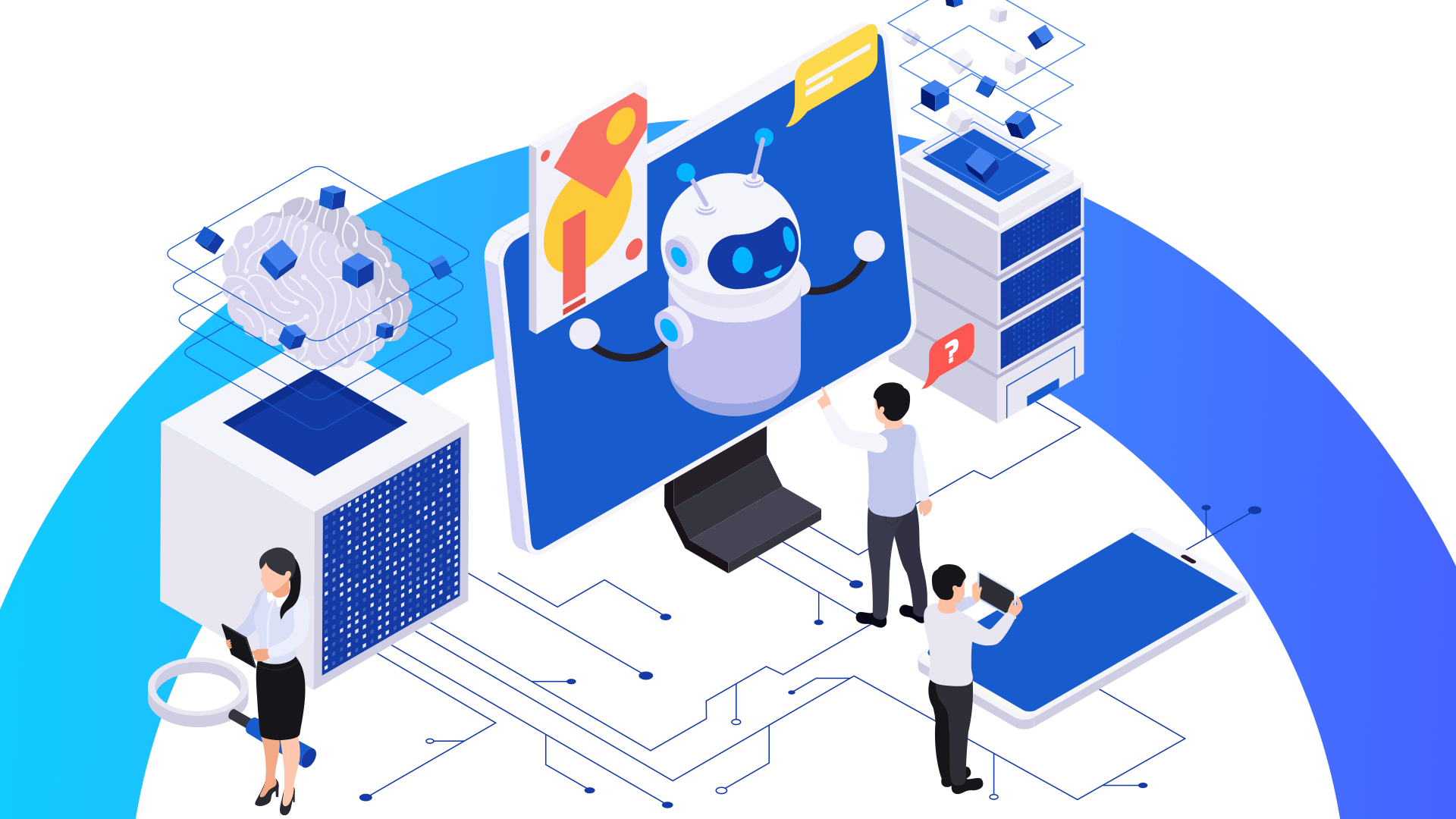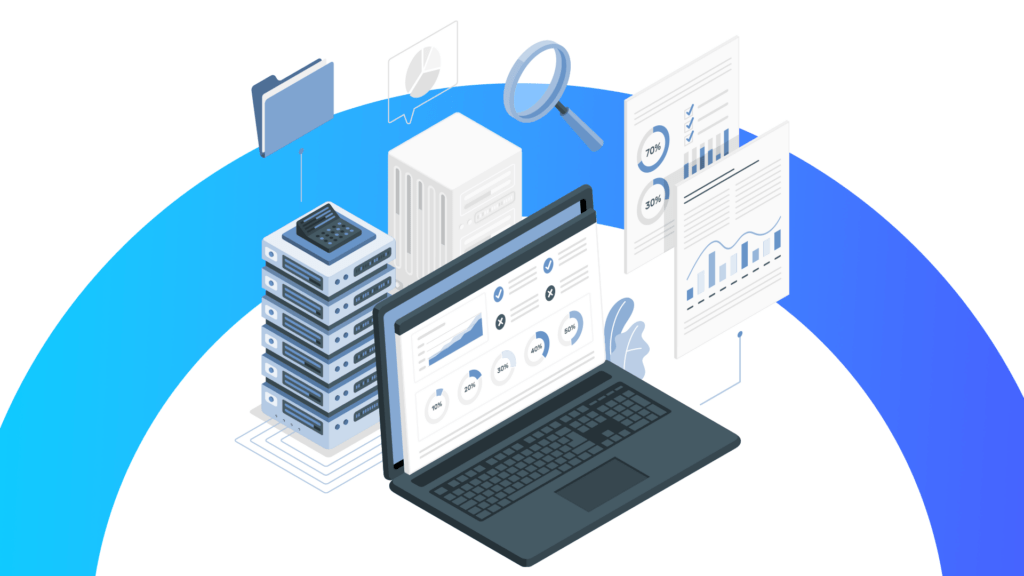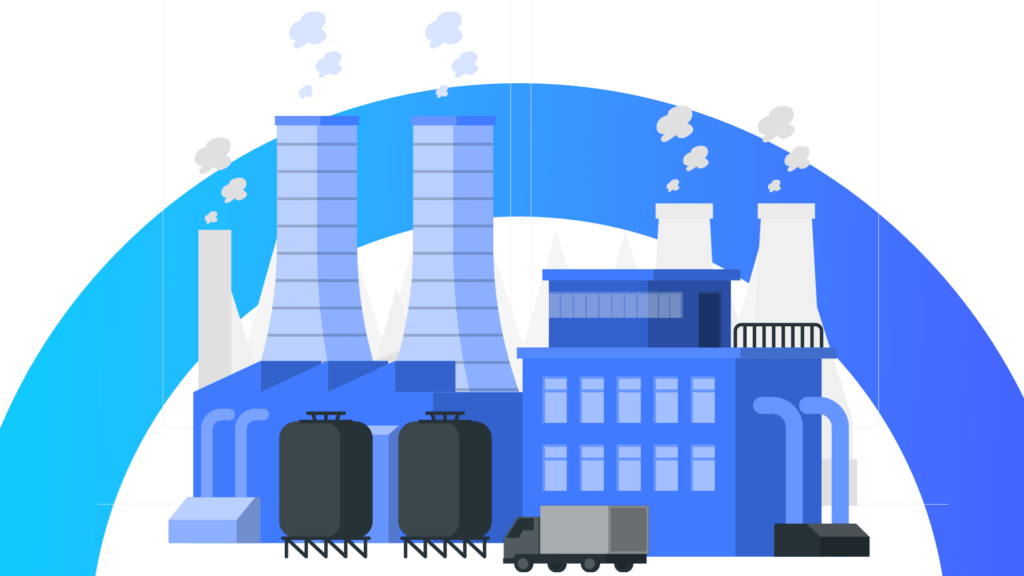Digital transformation is reshaping manufacturing, making operations smarter, faster, and more efficient. With AI, IoT, and automation, factories are reducing costs, boosting productivity, and meeting market demands. Companies embracing these technologies are leading the way to a smarter future.
The manufacturing floor of the future
Picture this—you step onto a factory floor where machines hum with precision, guided by smart software. Workers and robots team up, while real-time data fuels every move. This isn’t some sci-fi fantasy. It’s happening now, thanks to digital transformation in manufacturing industry. Companies embracing this shift are staying ahead, working smarter, and delivering better products.
Manufacturing isn’t just about manual labor anymore. Technology speeds things up, reduces errors, and makes production more efficient. AI, automation, and data-driven strategies have reshaped factories. Companies that resist change? They risk falling behind. Smart tools optimize everything—supply chains, production lines, and quality checks. Those that adapt will lead the future of manufacturing.
Understanding digital transformation in manufacturing industry

Digital transformation in manufacturing industry is all about bringing technology into every step of the process. Smart factories use automation, AI, and data analytics to boost productivity. This shift slashes costs, speeds up production, and reduces errors. In food manufacturing, for example, automation ensures the perfect mix of ingredients, precise packaging, and consistent quality. Robots handle repetitive tasks, freeing up human workers to focus on oversight and innovation.
Many manufacturers turn to cloud computing to store and analyze data. Cloud platforms allow teams to collaborate in real-time, tracking production, inventory, and logistics with ease. This kind of instant access to data keeps operations smooth and efficient. Digital transformation in manufacturing industry isn’t just a fancy term—it’s the key to unlocking new levels of efficiency and smarter supply chains.
The brain behind smart manufacturing
AI is changing the game in manufacturing. How? It analyzes mountains of data, helping companies predict when machines might fail, cutting downtime and maintenance costs. AI also sharpens supply chain management, forecasting demand and keeping inventory on point. The result? Less waste, more efficiency, and products that meet market demand without unnecessary surplus.
AI-powered robots take precision to the next level. In food manufacturing, for instance, AI vision systems spot defects in products, ensuring only the best items make it to shelves. It also allows manufacturers to personalize production. Machines adjust settings based on real-time data, making the entire process more flexible and demand-driven. Digital transformation in manufacturing industry thrives on AI, boosting accuracy and speed like never before.
The nervous system of modern factories
The Internet of Things (IoT) is revolutionizing how manufacturers track and control operations. Smart sensors collect real-time data on machine performance, energy use, and product quality. In food production, IoT devices monitor temperature and humidity, ensuring safety and compliance. With IoT, manufacturers get full visibility into their operations, making it easier to catch and fix problems quickly.
IoT-powered smart factories can be monitored remotely. With mobile apps, managers track production and address issues from anywhere. If a machine acts up, IoT sensors send alerts instantly, allowing quick action before problems snowball. This real-time oversight keeps factories running smoothly. Digital transformation in manufacturing industry leans heavily on IoT to boost transparency and control.
Digital twins: Simulating success
Digital twins are like virtual blueprints of real-world machines and systems. They let manufacturers test different scenarios before making real-world changes. By simulating processes digitally, companies avoid costly mistakes and fine-tune efficiency. In food production, digital twins help optimize recipes, packaging, and logistics without disrupting actual operations.
They also make maintenance smarter. Instead of waiting for something to break, manufacturers use digital twins to predict failures before they happen. Engineers can tweak performance, test upgrades, and optimize machinery virtually. This approach saves time, cuts costs, and ensures smoother operations. Digital transformation in manufacturing industry benefits greatly from digital twins by improving forecasting and planning.
Overcoming resistance to change
Going digital isn’t just about new technology—it’s also about mindset shifts. Employees need to embrace new ways of working, which means companies must invest in training and continuous learning. Businesses that create a tech-friendly culture experience smoother transitions and higher engagement from their teams.
Upskilling employees speeds up adoption. Digital transformation in manufacturing industry works best when workers understand and feel comfortable using new tools. Training programs ensure they have the skills needed to operate and maintain advanced systems. When teams feel confident with technology, productivity soars, and businesses see a bigger return on their investment.
The far-reaching benefits of digital transformation
The impact of digital transformation goes beyond making factories run better. Consumers get higher-quality products, manufacturers become more flexible, and businesses meet sustainability goals. Smarter processes reduce waste, lower emissions, and improve resource management.
These improvements don’t just boost profits—they also help companies align with global environmental efforts. OmniConnectTM naturally fits into this transformation by offering a cloud-based platform that seamlessly integrates IT and OT data from multiple sources, ensuring smooth digital adoption for manufacturers. With OmniConnectTM, manufacturers gain real-time insights, optimize workflows, and make smarter decisions that drive efficiency, sustainability, and long-term growth. Through such a solution, energy-efficient smart factories cut down on waste and operational costs. Automated systems optimize energy use, making manufacturing greener. Companies that commit to sustainability set themselves apart as industry leaders.
Digital transformation in manufacturing industry enables businesses to work smarter, reduce their environmental footprint, and stay competitive in a rapidly evolving market.
Final thoughts
Digital transformation in manufacturing industry isn’t just a trend—it’s the future. Companies that adapt will be more efficient, innovative, and competitive. Those that resist change risk falling behind. Yes, digital transformation takes effort and investment, but the payoff is huge. The businesses that embrace it today will lead the industry tomorrow.
To learn more, book a demo.




